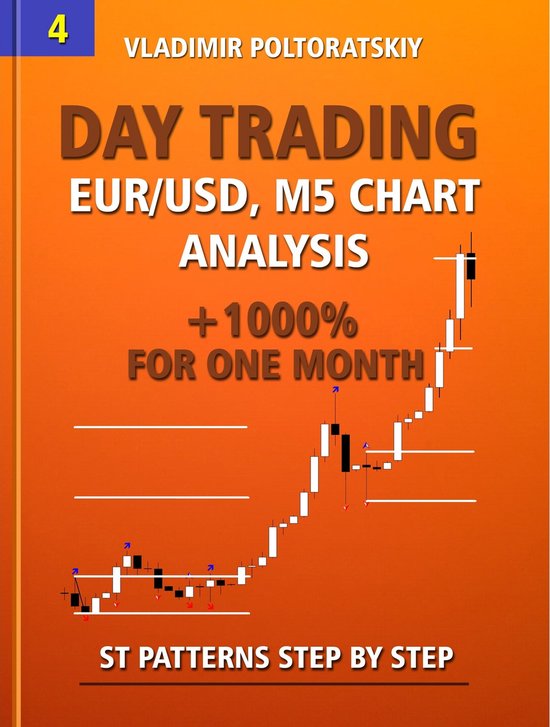
Fundrise vs REIT
In recent times, crowdfunding platforms allowed investors to invest without making a big initial investment in private real estate. These investments are a good way to diversify your investment portfolio and provide an income stream through real estate rental payments.
Fundrise has many options to choose from, no matter if you are an experienced investor who is looking for a way to expand their portfolio or a first-time property investor. The first step is to decide how much risk you're willing to take, and what kind of return you want to achieve.
The next step is to determine whether a reit is right for you. Although reits have similar returns to stock, they can be volatile and not always liquid. In addition, they have higher fees that other types investments. This can affect your overall returns.
REITs versus eREITs
A REIT can be defined as a nonlisted public entity which pools investments for the purpose of buying and managing commercial real-estate properties. These properties generate income to its investors in the form of rental payments. This type of investment suits long-term, conservative investors who are looking to generate a steady stream of income over time.

This type of investment is not suitable for younger investors or conservative ones, because it can be volatile, and future trends are difficult to predict. Also, REITs require a greater level of risk compared to other investments such as stocks and bonds.
A REIT could be a good investment for anyone interested in real-estate. REITs allow you to invest in the equity of real estate companies. You can use them to buy different types properties, such as shopping malls, office buildings, hotels and residential complexes.
One of the advantages of REITs over other types of investments is that they're more tax efficient. REITs distribute a dividend that is not taxed as income to investors.
Besides a regular dividend, REITs also pay capital gains when they sell properties. These gains will be added to your tax returns, but are not ordinary income. This is because you received the money from the sale from your own money.
Jhangiani suggested that, when choosing a real estate investment trust, investors should examine the company's management team, fees, strategy and leverage. In addition, you should ask for information on how the company handles cash-flows and debt repayment.

Fees and commissions are also something to take into consideration. You should compare fees because they can add up fast.
Fundrise has a number of eREITs you can choose from, depending on what your goals are. These eREITs can be either income-oriented or growth-oriented, and they all have distinct objectives that you can learn more about on the site. The company has a number of goals-based Portfolios that contain up to seven eREITs.
FAQ
What are the benefits of stock ownership?
Stocks are more volatile than bonds. The stock market will suffer if a company goes bust.
If a company grows, the share price will go up.
Companies often issue new stock to raise capital. This allows investors buy more shares.
To borrow money, companies use debt financing. This allows them to get cheap credit that will allow them to grow faster.
Good products are more popular than bad ones. The stock's price will rise as more people demand it.
The stock price will continue to rise as long that the company continues to make products that people like.
What's the role of the Securities and Exchange Commission (SEC)?
SEC regulates the securities exchanges and broker-dealers as well as investment companies involved in the distribution securities. It enforces federal securities laws.
What is a Stock Exchange?
A stock exchange is where companies go to sell shares of their company. This allows investors and others to buy shares in the company. The market determines the price of a share. The market usually determines the price of the share based on what people will pay for it.
Companies can also raise capital from investors through the stock exchange. Investors invest in companies to support their growth. They buy shares in the company. Companies use their money in order to finance their projects and grow their business.
There are many kinds of shares that can be traded on a stock exchange. Others are known as ordinary shares. These are the most common type of shares. Ordinary shares are traded in the open stock market. Stocks can be traded at prices that are determined according to supply and demand.
Preferred shares and debt security are two other types of shares. Priority is given to preferred shares over other shares when dividends have been paid. These bonds are issued by the company and must be repaid.
What is security on the stock market?
Security is an asset that generates income for its owner. Most common security type is shares in companies.
Different types of securities can be issued by a company, including bonds, preferred stock, and common stock.
The earnings per shares (EPS) or dividends paid by a company affect the value of a stock.
A share is a piece of the business that you own and you have a claim to future profits. You will receive money from the business if it pays dividends.
Your shares can be sold at any time.
Statistics
- "If all of your money's in one stock, you could potentially lose 50% of it overnight," Moore says. (nerdwallet.com)
- For instance, an individual or entity that owns 100,000 shares of a company with one million outstanding shares would have a 10% ownership stake. (investopedia.com)
- Our focus on Main Street investors reflects the fact that American households own $38 trillion worth of equities, more than 59 percent of the U.S. equity market either directly or indirectly through mutual funds, retirement accounts, and other investments. (sec.gov)
- Even if you find talent for trading stocks, allocating more than 10% of your portfolio to an individual stock can expose your savings to too much volatility. (nerdwallet.com)
External Links
How To
How to Trade in Stock Market
Stock trading is the process of buying or selling stocks, bonds and commodities, as well derivatives. Trading is French for "trading", which means someone who buys or sells. Traders purchase and sell securities in order make money from the difference between what is paid and what they get. This is the oldest type of financial investment.
There are many different ways to invest on the stock market. There are three types that you can invest in the stock market: active, passive, or hybrid. Passive investors are passive investors and watch their investments grow. Actively traded investor look for profitable companies and try to profit from them. Hybrid investors take a mix of both these approaches.
Passive investing involves index funds that track broad indicators such as the Dow Jones Industrial Average and S&P 500. This method is popular as it offers diversification and minimizes risk. Just sit back and allow your investments to work for you.
Active investing means picking specific companies and analysing their performance. Active investors look at earnings growth, return-on-equity, debt ratios P/E ratios cash flow, book price, dividend payout, management team, history of share prices, etc. They then decide whether or not to take the chance and purchase shares in the company. If they feel that the company's value is low, they will buy shares hoping that it goes up. On the other hand, if they think the company is overvalued, they will wait until the price drops before purchasing the stock.
Hybrid investing blends elements of both active and passive investing. For example, you might want to choose a fund that tracks many stocks, but you also want to choose several companies yourself. In this instance, you might put part of your portfolio in passively managed funds and part in active managed funds.